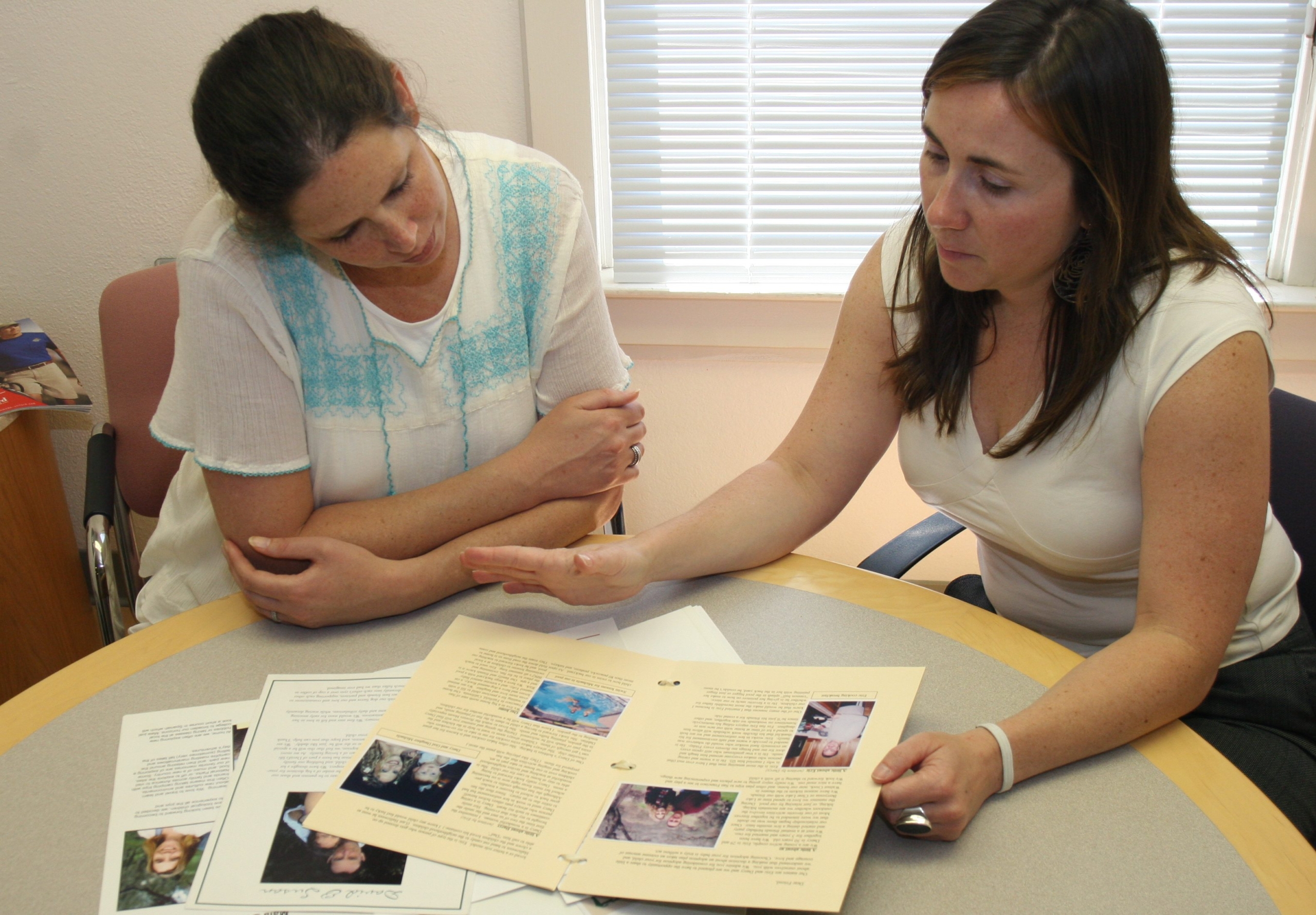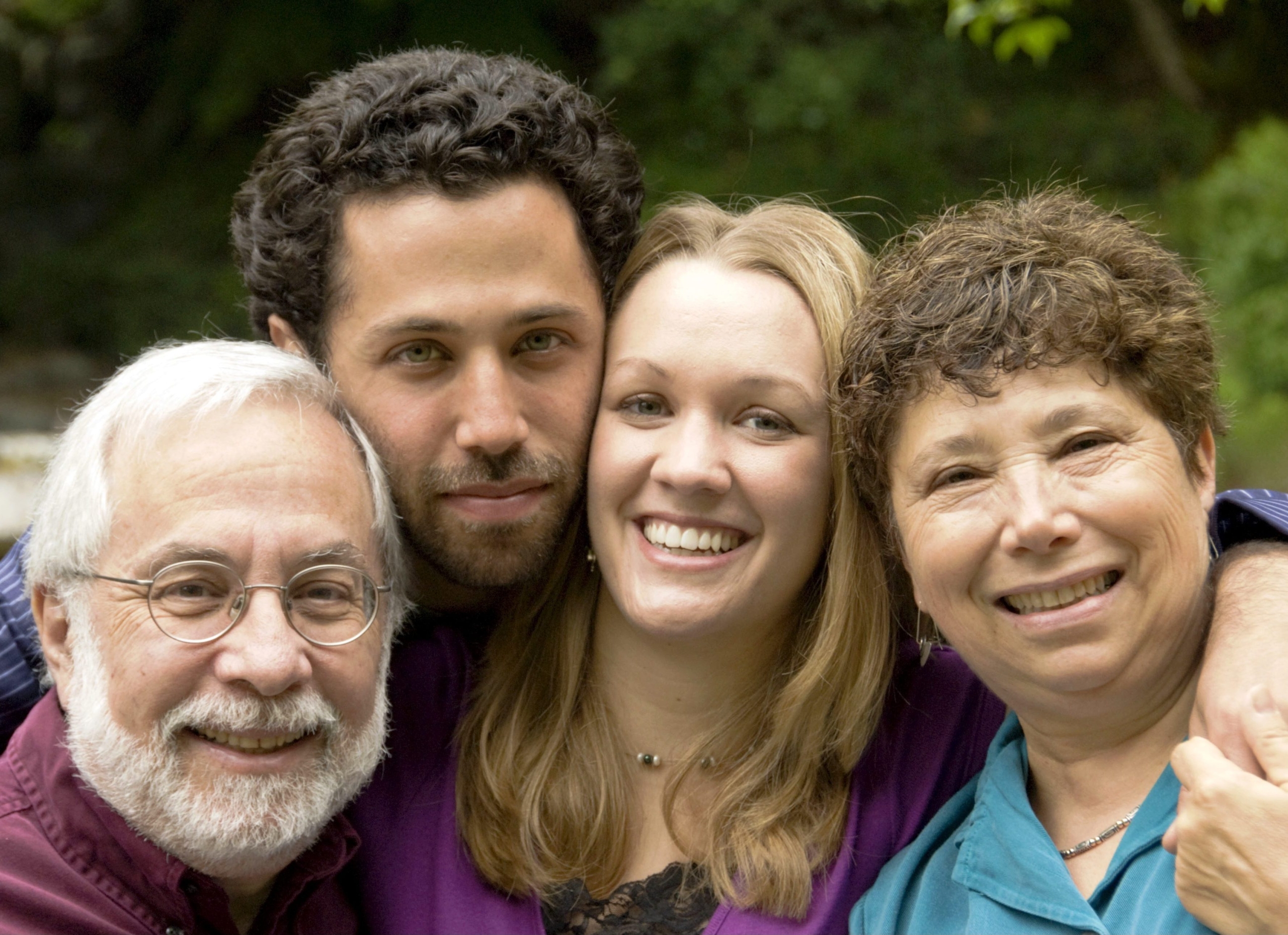“Am I black?”
My seven year old daughter asked me this last summer. We had just returned from our annual week at a social justice-oriented camp run by our faith community and this summer the focus was on the Black Lives Matter movement. The director and counselors are amazing, creating a safe forum where challenging, age-appropriate conversations about issues of race, gender, sexual orientation, discrimination and civil rights are explored. The children and staff are quite diverse, so this is an opportunity for both children of color and white children to learn about these issues from all sides. Each summer something big percolates for my daughter and it gets integrated into our ongoing family conversations about race and justice.
My husband and I were never able to confirm the identity of my daughter’s birth father so we don’t know all of her heritage. Her birth mother is biracial; black and white. We think her birth father was an immigrant from a country in the Middle East, but don’t know for certain. Our daughter looks like what most Americans will look like in 30 years—all shades of brown with long thick black hair, like she could be from just about anywhere.
I am, and have been, intellectually aware that race is a social construct, but it was through my daughter that I truly realized how pervasive this construct is in our culture and how dire the consequences can be. It’s also a projective test—different people guess different ethnicities.
White people in Berkeley assume she is from India. Latina women gush, “Que bonita!” over her and tell me how much she looks like their daughters or nieces. Upon meeting her for the first time a black friend said, “Wow, how does it feel to be the parents of a Latina?” A close white friend held her as an infant and remarked, “It is a big responsibility raising a black child.”
Preschool
We have been talking about race in our family at a fairly steady pace since our daughter was in preschool. That was when she first noticed her skin color was different from mine.
It was the first time she expressed unhappiness with her color, not for societal reasons, but because it didn’t look like mine. She just wanted us to look alike. Since she was about three she has identified in her own words as a “light-ish-tan-nish-brown-ish person.” It was evident in those years that skin color was quite a literal thing for her and she was as yet innocent of the cultural implications.
She didn’t want to not be her skin color, but she wanted us to look the same. She would have been just as happy for me to turn brown. (I know because I asked her.)
Kindergarten
The whisper beginnings of a social understanding of skin color emerged. A kid in her class told her,
“I really like you, but I wish your skin was lighter.”
Understandably my daughter was hurt and upset and for the first time expressed a wish to look different.
I asked, “Do you think it would be easier if we looked alike?”
“Yes.”
“I think you are probably right about that, my love. Do you think it would be easier for you if you had light skin?”
“Yes.”
“Given the world as it is, I think you are probably right about that too. It’s not right, but sometimes people with darker skin are treated unfairly. And we love you so much. And it can be confusing and hard. And we will help you understand it and make sure you are not alone when it is hard.”
Second Grade
We are in a very progressive school district and this absolves us of absolutely nothing. Though she doesn’t have sophisticated language for it, my daughter is acutely clear about the preferential treatment light skin receives. She went through a period of distinguishing herself from African-Americans and particularly people with very dark skin. She knows now.
She knows that the lighter she is, the easier it will be for her.
She has intuited that while those who “read” as Indian or Arabic or Latino aren’t treated as preferentially as whites, the worst treatment is reserved for those who not only have darker skin but also are identified as African-American.
Helping her navigate the tricky and bitter terrain under her feet and at the same time fostering a sense of inclusion that is deep and wide has been a continual and indispensible piece of our parenting this last year.
We have begun the conversations about how she and I will have different experiences in life because I am white.
When someone at her school does not want to sit with her at lunch, she asks me to help her review the interaction and she decides if it was because of the color of her skin or because of some lousy interaction she had prior. Usually she decides it is a personality issue, but sometimes she is very clear it is about her skin.
“Am I black?”
I realize I can’t answer this for my sweet girl. “Black” is an identity and I feel it is not my job to choose that for her. My job is to create the safe crucible in which she sifts through, tries on, and discards various identities until she finds what fits. My job is to help her understand that “black” is mapped onto African-Americans of all skin tones and is more about identity and history than about literal skin color.
My job is to help her understand that her race and ethnicity—all that we know and all that we don’t know—are deeply important.
My job is to be sure that my husband and I are not the only adults in her life talking to her about this. In fact, we have engaged our whole community, which includes adults of her various confirmed and likely ethnicities and she is so widely loved and supported. Our lovely diverse family of choice helps us create a supportive environment for her. Finally, my job is to help her understand that regardless of how she identifies, we will love her and that she can best protect herself by understanding that as a person of color (any color) she will need to be alert to the transactions in which she is more vulnerable than a white person.
I grieve that I cannot provide my daughter with precise information about her biological parentage and worry about the gap in her sense of self this absence might cause.
But as her mom I will work with what we have. I don’t need to know the precise origins of her birth father to know that I have to parent a child of color. I have to help her see and prepare for the issues she will face ahead—ones that as a white woman, I have not.



